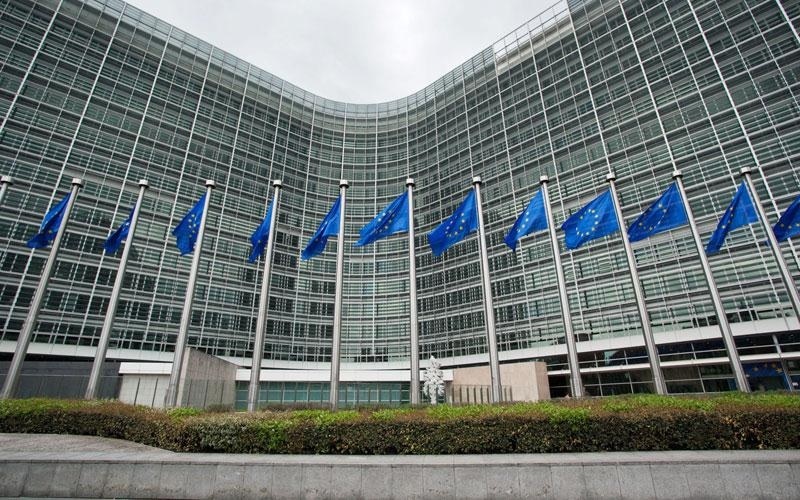Η πρόσφατη απόφαση του ΕΔΔΑ Παπαγεωργίου κ.α. κατά Ελλάδας, είναι μια σημαντική απόφαση. Το Δικαστήριο τόνισε ότι το υφιστάμενο σύστημα στην Ελλάδα για εξαίρεση παιδιών από μαθήματα θρησκευτικής εκπαίδευσης απαιτεί από τους γονείς να υποβάλουν μια επίσημη δήλωση με την οποία να αναφέρουν ότι τα παιδιά τους δεν είναι Ορθόδοξοι Χριστιανοί. Η προϋπόθεση αυτή έθετε υπέρμετρο βάρος στους γονείς για να αποκαλύψουν πληροφορίες από τις οποίες να συνάγεται κατά πόσο οι ίδιοι και τα παιδιά τους έχουν ή δεν έχουν συγκεκριμένες θρησκευτικές πεποιθήσεις.
Θεωρώ ότι η απόφαση επηρεάζει άμεσα και την Κύπρο. Παραθέτω, αντί άλλης ανάλυσης, αυτούσια την παράγραφο 460 της τρίτης έκδοση του βιβλίου μου Law and Religion in Cyprus (Kluwer: The Hague, 2019) που κυκλοφόρησε τον Μάρτιο, οι παρατηρήσεις της οποίας απηχούν τα ευρήματα της απόφασης του ΕΔΔΑ:
460. Exempting, however, only pupils who do not belong to the Orthodox Church might present certain problems; parents who belong to the Orthodox Christian religion might not wish for their children to receive doctrinal religious education. Furthermore, atheists, or the non-Orthodox, might not wish to declare their religious beliefs to the school authorities in order to be exempted from religious education. Similar to the principle that religion should not be referred to in public documents because it might lead to indirect discrimination on grounds of religion, revealing one’s religious beliefs for the purpose of exempting one from religious education, might, in a predominantly Orthodox society, also lead to discrimination; the exercise of the right to opt out of religious activities, might entail significant discomfort or embarrassment for the students, or entrench religious differences at an early stage of the students’ lives. On 15 September 2016 the Ministry of Educations sent directions to the schools whereby the possibility of parents adhering to the Orthodox Christian religion to request for exemption was left open, depending on the grounds to be substantiated.




